CRN Exclusive: Big Switch Networks CEO Talks Expanding Dell-EMC Relationship And New Channel Strategy In 2017
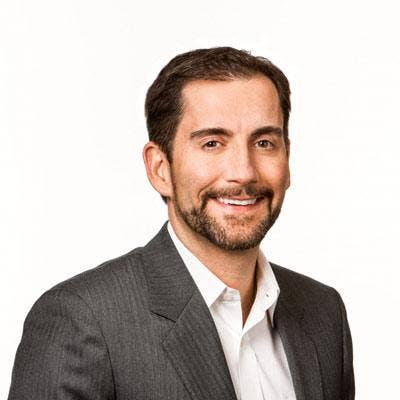
CEO On Big Switch's Forecast For 2017
Software-defined networking specialist Big Switch Networks has big plans in store for its channel community in 2017, including more technology partnerships, a revamped partner program and a tighter relationship with Dell-EMC.
The Santa Clara, Calif.-based networking vendor grew its software subscription business a whopping 300 percent in 2016, according to CEO Douglas Murray. "As we build out our channel structure and strategy, we want to make sure we're addressing -- not just [with] the channel partners we're working with directly -- but also channel partners that are buying our products from Dell, VMware, Red Hat and others," said Murray.
In an exclusive interview with CRN, Murray also talks about his vision for the SDN startup, competition with Cisco Systems, and what's in store for channel partners in 2017.
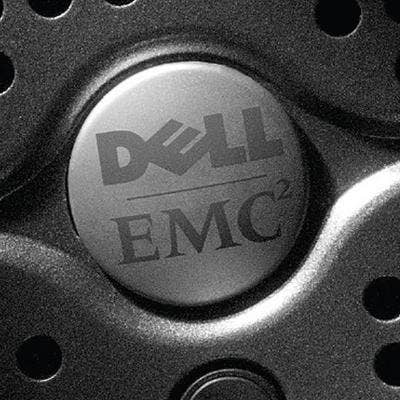
You have numerous technology partnerships across the IT landscape, most notably Dell. What will that relationship look like in 2017 now as Dell-EMC?
Dell, and the properties across Dell overall, remain tremendously important to us. Over the past two years, Dell has become a phenomenal partner for us and I expect that to continue. In fact, I expect that to grow quite a bit, significantly, I would say, in 2017.
The reason is because when you look at a lot of what we do … one thing that is really important, which many underestimated in the early days of the SDN market, was the importance to be able to be led with a [known] brand. Meaning, you go to a customer to share a vision and a great story in terms of what's possible and how the architecture works, but then there's a level of comfort they have with companies like Dell. Frankly, as a younger company, it helps us mitigate risk and helps customers mitigate risk as well.
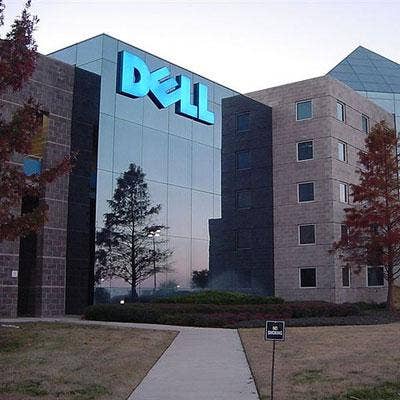
Where does having the Dell brand give you and your partners an advantage?
It puts us in a position where, as a younger company, you can go in and literally go after Fortune100, even Fortune 50 customers because we have Dell as a strategic partner and it puts us in a position where our customer or a partner can get the technology from Dell. We see a lot of customers where they have Dell as their brand preference and it puts us in a great position.
Don't get mistaken, we're a great complement to Dell -- and now the expanded Dell plus EMC -- because we give them a software product that allows for them to have a competitive advantage when you're looking at fabric-based solutions. Dell has their traditional box that they still sell lots of today, but as customers are looking for these new, next-generation architectures, they now have something they can sell along with that as well.

What is your channel strategy and vision for 2017?
What we see in the partner community is that they are the ones that really help us glue the solution together in its entirety to then be able to deliver to the end user. We are one element of the overall solution; we're an important element of that sale, but at the same time we don’t sell the hardware. So it's very important that we have a place where partners and customers can go to obtain the hardware or software the need for a holistic solution – that becomes very important to us.
As we build out our channel structure and strategy, we want to make sure we're addressing -- not just [with] the channel partners we're working with directly -- but also channel partners that are buying our products from Dell, VMware, Red Hat and others.

So what will Big Switch's channel structure look like this year?
Where we really get to our partners is through our strategic partners and their channel partners. That's a very, very important part of our strategy and will be increased moving forward.
Holistically, we want to bring a channel model and channel program that says, 'From Big Switch's perspective, we don’t care whether the channel partner procures it from us, whether it's from a distributor or Dell, but we want to make sure that channel partner sees the value of the Big Switch product as part of the solution with the appropriate training, the right incentives, certifications.'

When will this revamped channel program be launched?
What we're hoping to do in the first half of 2017 is relaunch the channel program in some systematic fashion, where you can have a couple of tiers of partnerships and depending on the value that the partner brings to Big Switch – in terms of new logos, revenues and stuff like that – we find a mechanism to make sure that there's a profitability angle to it.

So what does your technology ecosystem look like?
In each area we sell, we have a series of partners -- some are more software-oriented, some are hardware-oriented. On the Big Monitoring Fabric side, we looked at companies like Symantec, FireEye, we do a great deal of work with ExtraHop Networks, Palo Alto Networks. We do a lot of integration across the security world.
On the Big Cloud Fabric side, we do a great deal of work with VMware and a lot of folks in the container space, like Docker, for example. We do a lot of work in the OpenStack community, partnering with companies like Red Hat and Mirantis. We really built out our technology ecosystem in the last 12 to 18 months and now as we get into this year, that’s really why the channel element becomes so important for us. Now each of those, if you look at the security players and others like Red Hat, we want to make sure that we're catering and presenting our channel program accordingly.
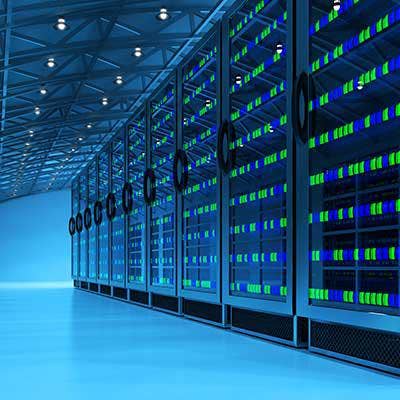
How are you attacking the market in 2017 and who are your main competitors?
We're attacking the market in two different parts of the data center. One is the next-gen network packet broker with our Big Monitoring Fabric products, and that has its own set of competitors. Then in the Big Cloud Fabric side of our products, we are actually the switching fabric in the data center.
A lot of stuff we're connecting to are traditional devices. So we're connecting to the Cisco's and Arista [Networks] of the world and competing with companies like Gigamon, Apcon and so forth. Then on the Big Cloud Fabric front, it's really more about fabric-based architecture and selling against stand-alone switching. In many aspects, it's moving people to these new architectures and frameworks. We've seen Cisco as the dominant player and legacy vendor in that market.
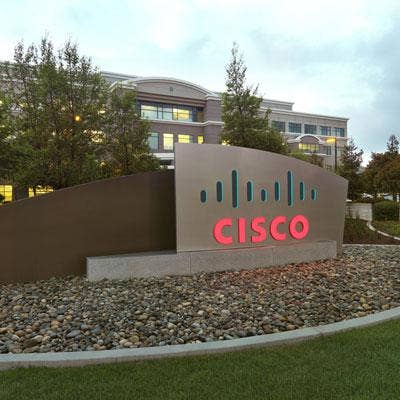
How big of a competitor is Cisco to you?
Most people think we must compete with Cisco constantly. In many respects in the monitoring world, the devices that we end up connecting to that are in production tend to be Cisco and Arista. So if Cisco technology is there, we become the monitoring network that optimizes the data that goes from the Cisco or Arista devices to the security tools. … The world is really changing. You'll see us build additional relationships in this space.
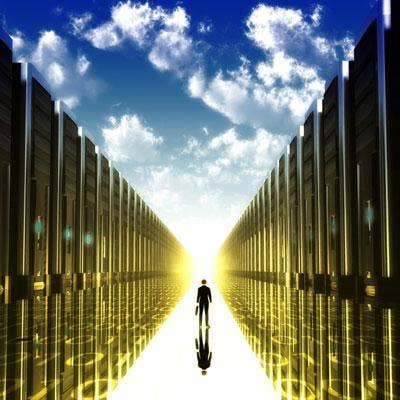
How many new technology partnerships do you expect to make in the data center this year?
I expect that we'll announce several more in 2017. You'll see a lot of other large systems and networking companies looking to innovative [by forming technology partnerships], and we can help them with that. We're in a good position to put our technology across many platforms. It provides greater value to our channel partners in that we allow for them to have flexibility and choice with respect to the hardware that the software operates on.

Where has Big Switch expanded its market presence over the past 12 months?
As we got through last year, our software subscription business grew over 300 percent year over year in 2016 and we continue to do a great deal in expansions. We extended into Australia last year and we're continuing to expand across Asia-Pacific. In Q4, we just started having our first boots on the ground in Europe. As we continue to build things out in 2017, it will be aligned with our customers via the channel and so our partner community becomes super important.
We're really now in that process where we have great relationships with partners in the areas we operate in and we need to expand those as we go into the new year.

What is your view of the networking market overall in 2017, and is now the best time to be a solution provider?
We went through a period of networking [that] was fairly boring for about 10 years. It was about how we advanced speeds and feeds. There wasn’t too much excitement to the market -- there was Arista Networks, but not too much else. Now you see the big shift, like with Dell and the work that they're doing with VMware, which is very impressive.
You'll see the networking industry, especially in the data center, continue to evolve in the next three to five years and that will lead us and channel partners to tremendous opportunity.